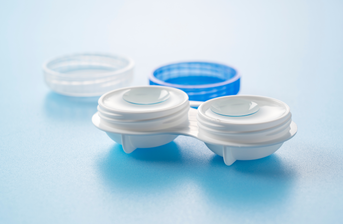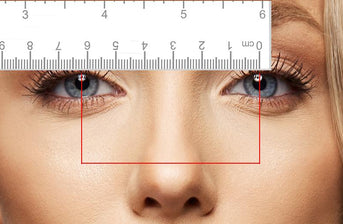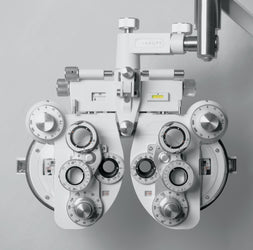Sight Matters
A study carried out by City University of London in 2019 on 250 participants highlighted that people felt that sight was their most important sense. We often forget the value of our sight and take it for granted. Basic everyday activities such as navigating our way through our homes and the outdoors, reading the paper and even preparing a meal require us to see relatively well. It is often the case that we don’t realise how important something is until it’s gone, and this definitely applies to our sight.Many a time, patients come in store to see our opticians having failed their driving test. It is only then that they realise the importance of their sight and how poor sight can restrict them in what would otherwise be considered “normal”, day-to-day tasks.
Eye health
Eye health and sight go hand in hand. It is likely that if your eye health is poor, your sight will also be poor. Systemic conditions such as diabetes and high blood pressure can affect your eye health, causing permanent damage to the eyes and subsequent sight loss. There is also a lack of awareness around eye conditions such as glaucoma, cataracts, ocular tumours, inflammation (e.g. uveitis), which can permanently cause a deterioration in one’s quality of vision.A common misconception about having regular eye examinations is that it is solely “an excuse for your optometrist to sell you a new set of spectacles”. In actual fact however, your optometrist is assessing your eye health, looking for any changes, any red flags or worrying signs that – in some cases – may even require emergency referrals and treatment. This is why having regular eye tests is really important.
The Importance of Prevention
Your optometrist will advise you on how frequently you need to have your eye test based on numerous factors, including your age, general health, eye health, prescription, risk factors, and more. The suggested interval between appointments enables your optometrist to monitor your eyes and preserve your sight. As well as assessing your ocular health, your optometrist will advise you on whether or not you need a new pair of glasses to further enhance your quality of vision.One of the best ways to prevent sight loss is by means of prevention. Picking up early signs of ocular pathology and managing them appropriately allows for early intervention where necessary to preserve sight and prevent sight loss.
O.C.T.ober: time to book an OCT 3D scan
October is Vision Awareness Month – together we can raise awareness around the importance of sight and eye health. Join our O.C.T.ober initiative and get an OCT 3D scan done!OCT 3D scanning involves the use of light to scan through the layers of the back of the eye, allowing for imaging of the many layers of the back of the eyes (retina).
In a “standard” eye test of the back of the eyes, only the superficial retinal layers are examined. However OCT enables us to assess the deeper layers for early signs of pathology that are not necessarily visible superficially. It also allows for quantification of thickness of certain ocular tissues including the optic nerve head, allowing for more accurate changes to be noted over time.
So this O.C.T.ober call your nearest Eye Emporium practice and book in a Comprehensive Eye Examination with OCT scan to ensure that your eyes are well looked after! OCTs are available for bookings at:
*Sources used in this article:
- NIH National Library of Medicine: https://pubmed.ncbi.nlm.nih.gov/31580383/
- Johnson-Johnson Vision: https://www.jjvision.com/press-release/amidst-covid-19-pandemic-early-intervention-remains-obstacle-overall-eye-health
- NHTSA: https://crashstats.nhtsa.dot.gov/Api/Public/ViewPublication/810637








